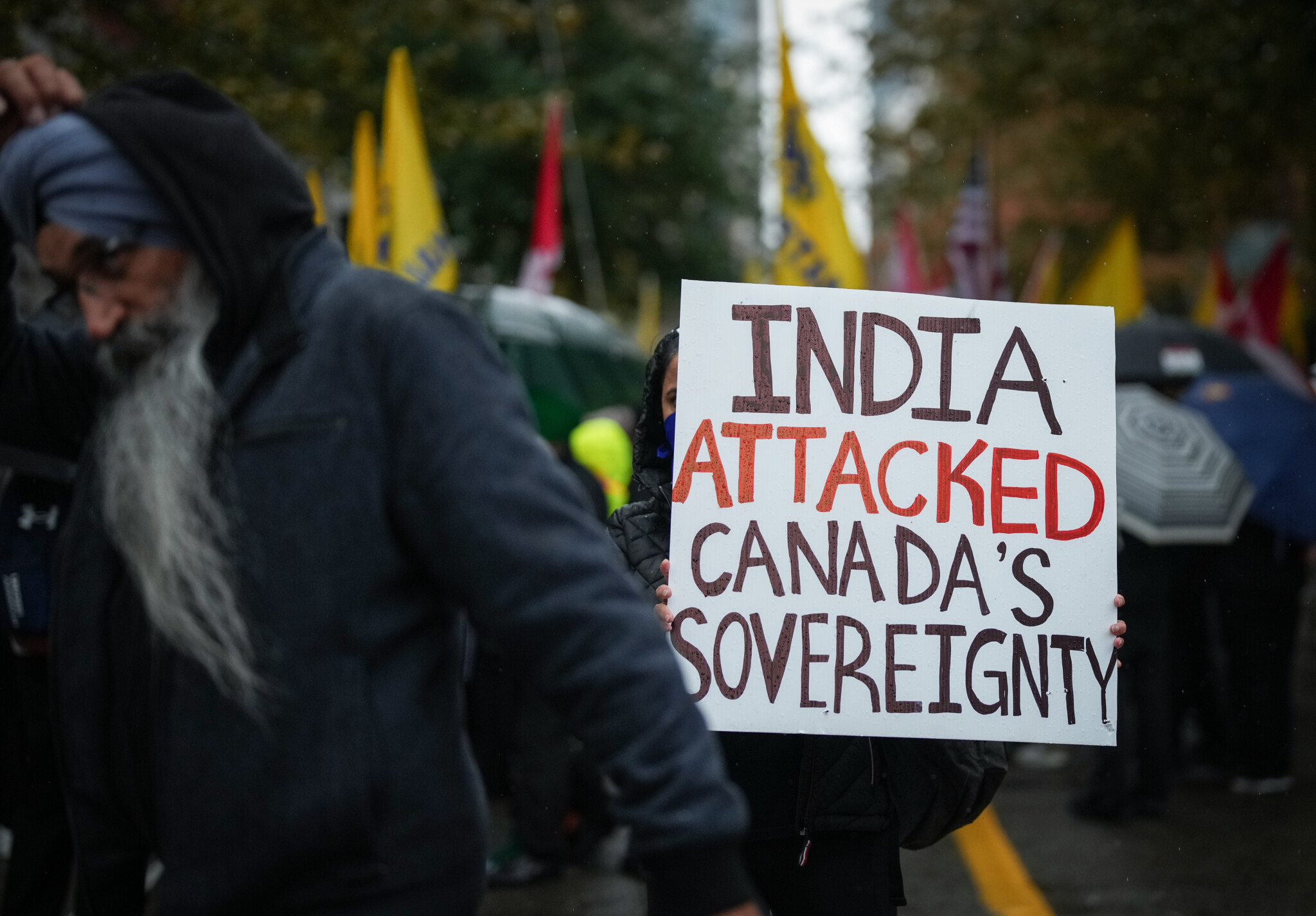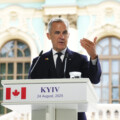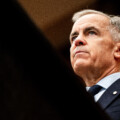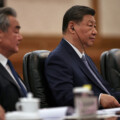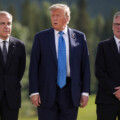One year ago, Prime Minister Justin Trudeau stood before the House of Commons and announced that Canadian security agencies were investigating the political assassination of Hardeep Singh Nijjar and the potential involvement of “agents of the government of India.” Crucially, he made this explosive claim without providing evidence.
The violent murder of Nijjar is inexcusable regardless of who committed this heinous crime or under what pretense. But the government’s reaction to the situation took the wrong approach, which was reportedly driven by domestic political imperatives.
A year later and Canadians and the Indians are still waiting for the presentation of evidence, all while official relations remain in the deep freeze. Our High Commission in India should be a busy centre of coordinating activity, business matchmaking, and interfacing with the Indian government on critical issues. Instead, fallout from the riff has the High Commission operating at a third of capacity and focusing on baseline functions such as consular issues.
This matters because our challenges with India aren’t limited to the affront to Canadian sovereignty. Market access issues periodically lock out Canadian agricultural exports—namely peas and lentils—and governance shortcomings such as corruption, byzantine regulatory structures, and overt protectionism get in the way of realizing the potential that the relationship has to offer.
And it’s not just money that’s at stake; there are overlaps between our strategic interests and values too.
While India is a democratic country, it still has a ways to go should it decide to become a liberal market democracy. Only India can determine the direction of its political-economic trajectory, but a country like Canada can help influence this and provide support along the way. But this can only be done if the doors are open at the highest levels.
India is also emerging as a pivotal player in international relations. Its geostrategic location and booming economy are coinciding with broader geopolitical struggles. Its historical relations with Russia have made it an outlier with other democratic countries regarding Russia’s invasion of Ukraine. Tensions with China are also boosting India’s value proposition, making it a key component of many countries’ foreign policy strategies—including the U.S.
While the Americans foiled a conspiracy to commit a politically motivated murder with similar shades to what happened here in Canada, they went about it quite differently.
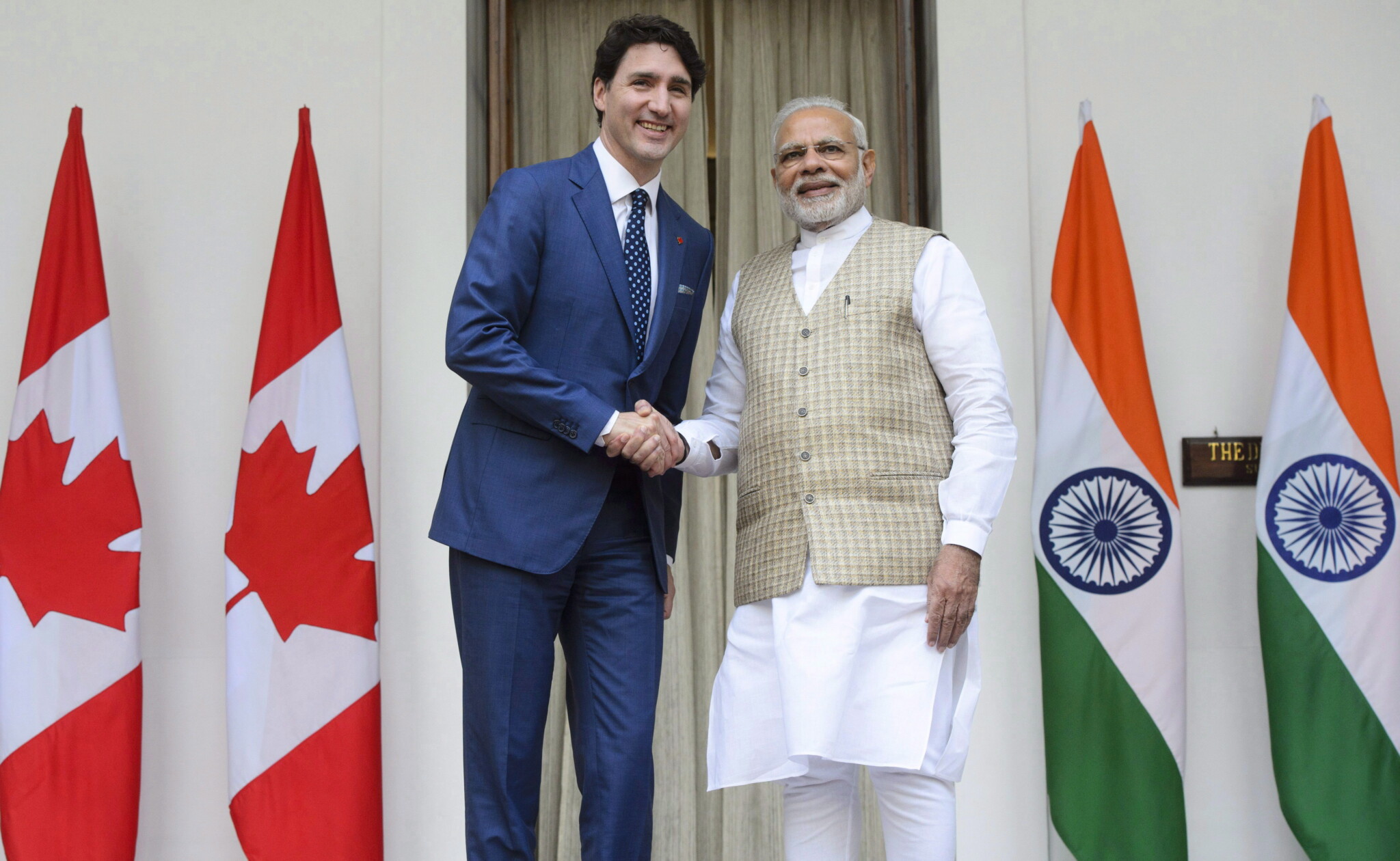
Prime Minister Justin Trudeau meets with Prime Minister of India Narendra Modi in New Delhi, India, Feb. 23, 2018. Sean Kilpatrick/The Canadian Press.
The U.S. understands the geopolitical and economic significance of India. Through quiet diplomacy they managed to get the message across to Indian officials that what happened was unacceptable and will not be tolerated all while opening an exit ramp that allows India to save face. As such, the U.S.-India relationship has not gone off the rails and important collaboration mechanisms have been expanded.
Even though Canada has neither the political, economic or military heft of the U.S., it can still borrow some lessons from how they approached this. Public pronouncements need to be carefully crafted and delivered by appropriate officials. The tough and direct messaging should be handled in private.
But as we cannot undo the past, we need to find a way to move forward. This will require tact and restraint by both Canada and India. From speaking with officials from both sides, there are steps that could be taken to improve relations.
On the commercial front, the federal government could follow Saskatchewan’s lead, which has found a way to keep channels of communication open to protect shared food security and trade interests. Saskatchewan negotiated the re-opening of its trade office in India earlier this year. Canada could follow suit and negotiate a return of the diplomats to New Delhi, and India should provide a plausible path to get there.
To deal with sensitive matters, Canada could reestablish a mechanism from several years ago for working-level officials to meet directly with Indian counterparts to discuss issues of shared concern. It could also send a public signal reiterating that it recognizes and respects India’s territorial integrity while reminding India that in Canada there is a right to free expression—and remind Khalistini extremists that there are limits to that right.
For India’s part, it could expand its internal investigation regarding the U.S. foiled conspiracy to include Canada’s concerns. It could also refill its High Commission position for India’s intelligence agency representative who is tasked with liaising with the RCMP, which has been vacated since the previous incumbent was declared persona non grata by Canada following the prime minister’s allegations.
Canada should use this one-year anniversary as an opportunity to take the lead in improving relations and create a space for tough discussions so that the relationship can move forward to both countries’ benefit.
